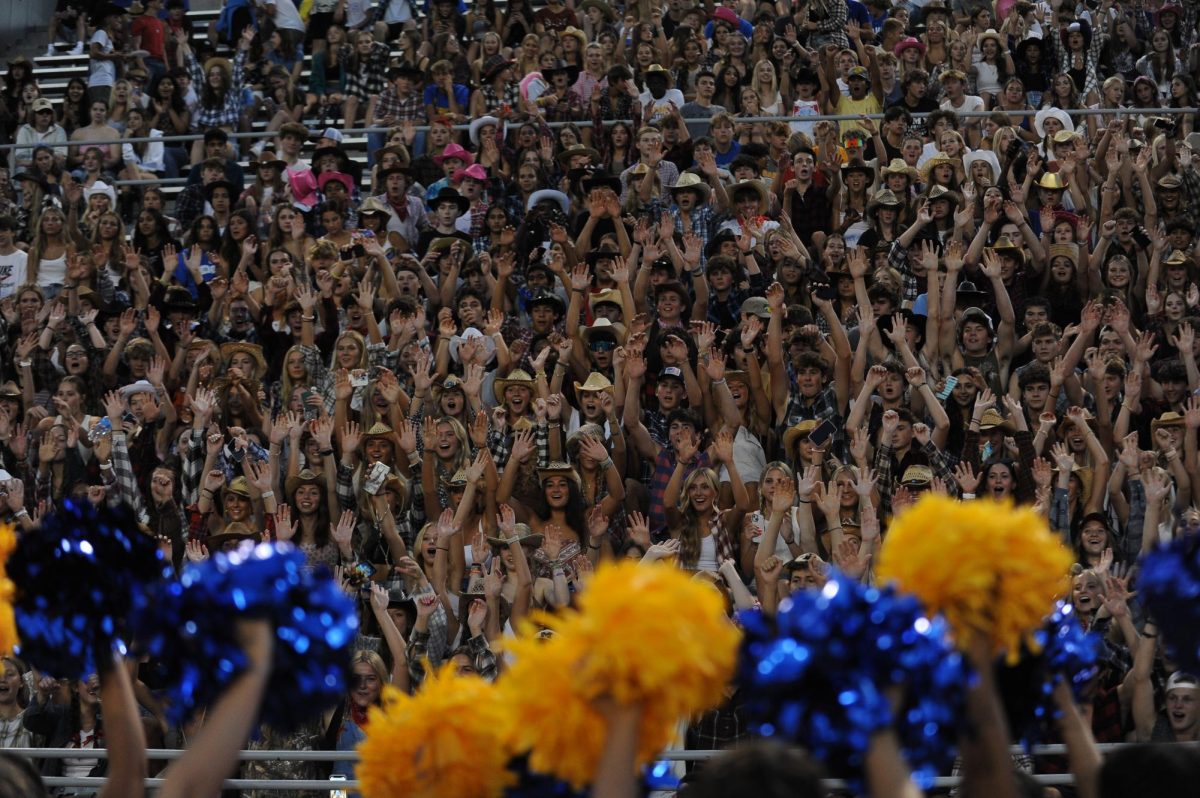For Mysk Abedali, Purdue sports fan and sophomore, watching Purdue football and basketball games is one of her and her family’s favorite pastimes.
“My older brother went to Purdue when he was in college and he’s 29 now, so it was a while ago,” Abedali said. “So I’ve been a fan for a long time and me and my siblings love to watch Purdue games.”
Abedali shares her love of sports and team fandom with a large percentage of America. According to a study by St. Bonaventure University, 70% of all Americans are fans of at least one sport, and 21% consider themselves avid sports fans. Eric Rauch, AP Biology teacher and former head basketball coach, said he roots for teams he has personal attachments to.
“A lot of the teams (I root for) are due to connections when I was young,” he said. “The Steelers were really good so I stuck with them. (I root for the) Colts because I live here, and Purdue just because of the way they play and that’s where my wife got her PhD.”
Rauch said he tends to stick by his favorite teams even when they’re not successful, however, he said he enjoys the optimism brought to a fanbase by a successful team.
“It’s obviously really nice when your team is successful. The Steelers weren’t very good this year, but I still cheer for them and still watch them all the time,” Rauch said. “I think any time you have a team that’s doing well, there’s a certain enthusiasm that surrounds (the team).”
Abedali said she agreed, and seeing Purdue succeed and beat Indiana University (IU) in person was one of her favorite memories as a sports fan.
“I went to the Purdue-IU (Indiana University) bucket game in football this past year and we won at the end of the fourth (quarter),” Abedali said. ”It was just a great experience to beat IU.”
While Abedali cherishes the good memories from sports, she said rooting for Purdue could be frustrating, which was seen in the 2023 March Madness tournament where Purdue, a number 1-seed, lost to a 16-seed.
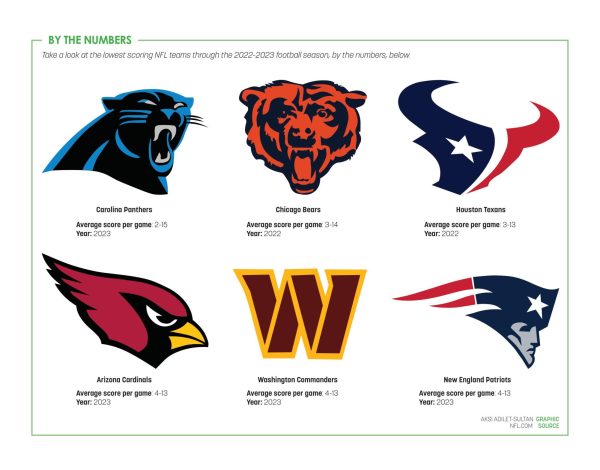
“During the game, I was very stressed, but early on I could just tell (Purdue was going to lose). We weren’t hitting shots that we should and our defense was just not playing as well. So I kind of felt it coming but it was still a very sad experience,” Abedali said. “Seeing us not play our best in the most important game was not a very happy feeling.”
Gavin Bletzinger, Indianapolis Colts fan and sophomore, said he had a similar experience to Abedali, and watching the Colts lose their last game to the Houston Texans on Jan. 6 was frustrating.
“It was very disappointing and sad to watch the last game, where they missed the last throw and it cost us the season,” Bletzinger said. “It was pretty sad.”
While Rauch said he understands the disappointment some other fans feel at their teams’ loss, he said he still enjoys sports no matter the outcome.
“I understand fans who do (get frustrated at teams losing), but I was a head basketball coach for 20 years so I don’t get too tied up emotionally in something I can’t control,” Rauch said. “I really do watch sports, and my family watches sports, to just enjoy watching. (Sports are) not necessarily to be stressed over.”
While Rauch said he blocks out negativity revolving around sports, Bletzinger said social media can often amplify frustration and disappointment within sports teams through negativity and trash-talk.
“With comment sections, there are always people who hate on the team, so I feel like that influences a lot of people,” Bletzinger said.
Rauch said there is a lot of negativity on social media, but also positives such as sports teams shouting out their players for excellent games.
Abedali said social media with sports is a double edged sword, filled with both positivity and negativity. Despite this, she said she tries to remain positive even when disappointed in her team.
“Social media plays a large role in how fans feel after the game because there are always the people who like to say negative things about different teams,” Abedali said. “I like to stay on the positive side though.”











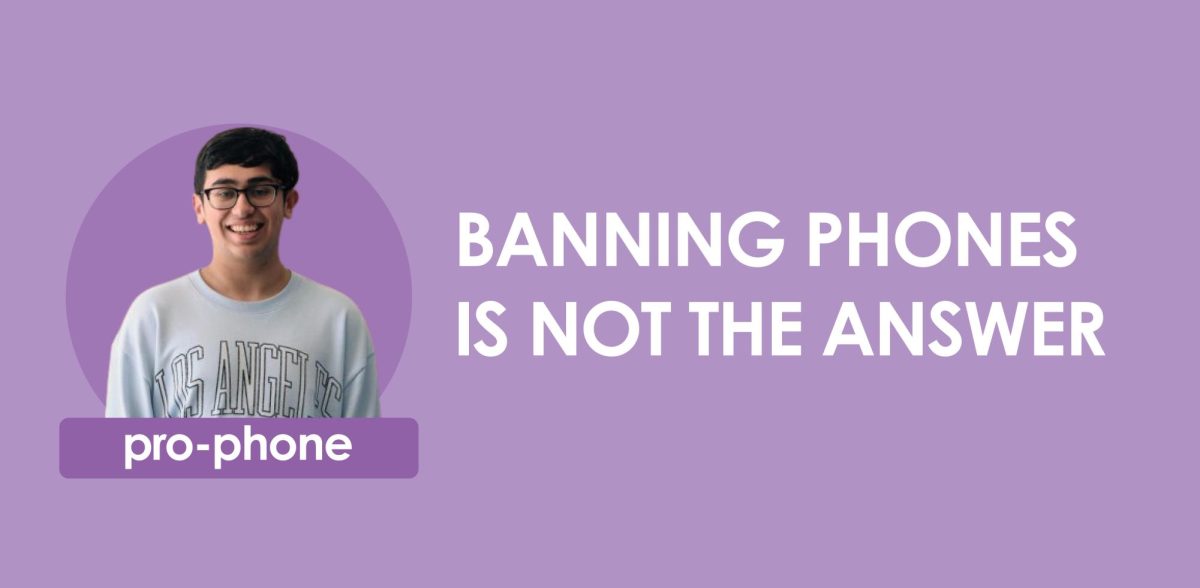








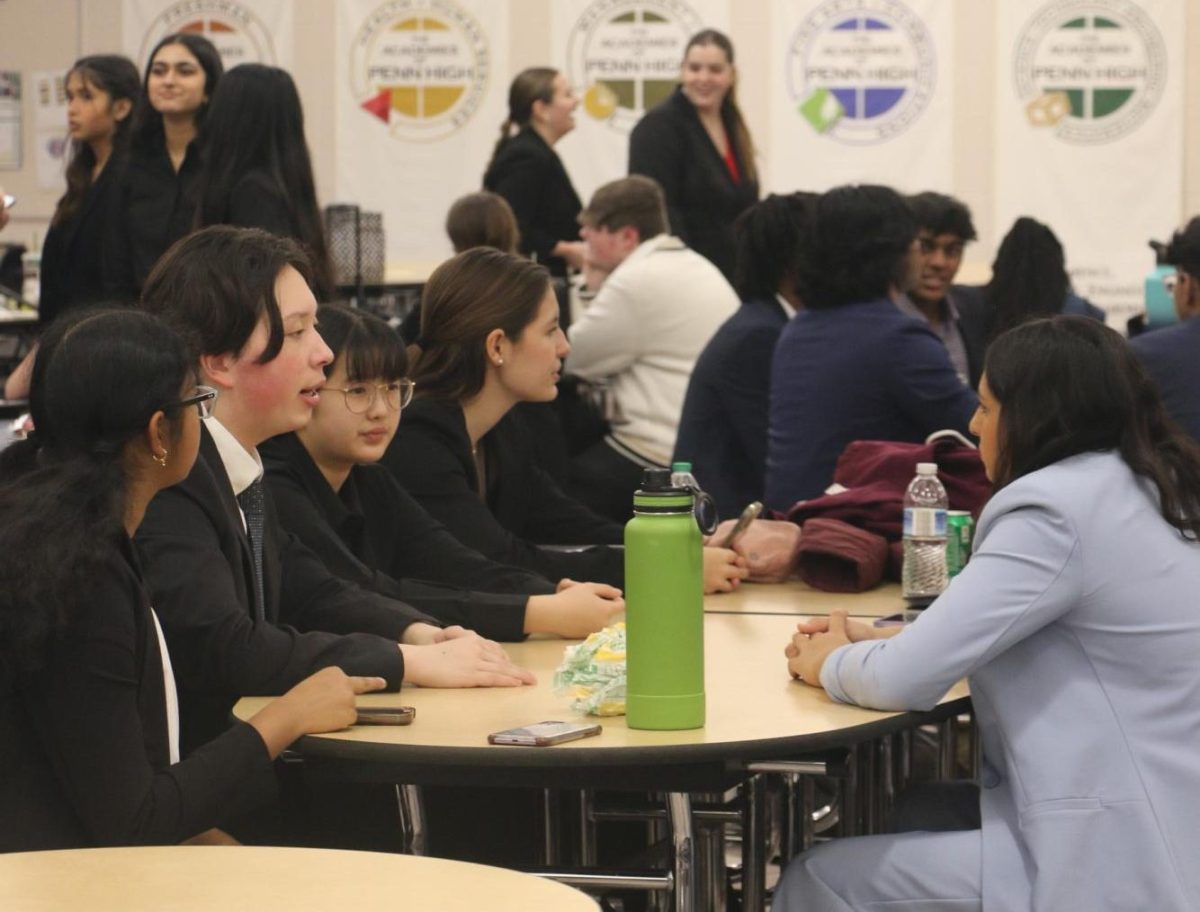









![Family vlogger controversy, need for content reform [opinion]](https://hilite.org/wp-content/uploads/2024/05/Screenshot-2024-05-14-11.33.37-AM-1200x465.png)
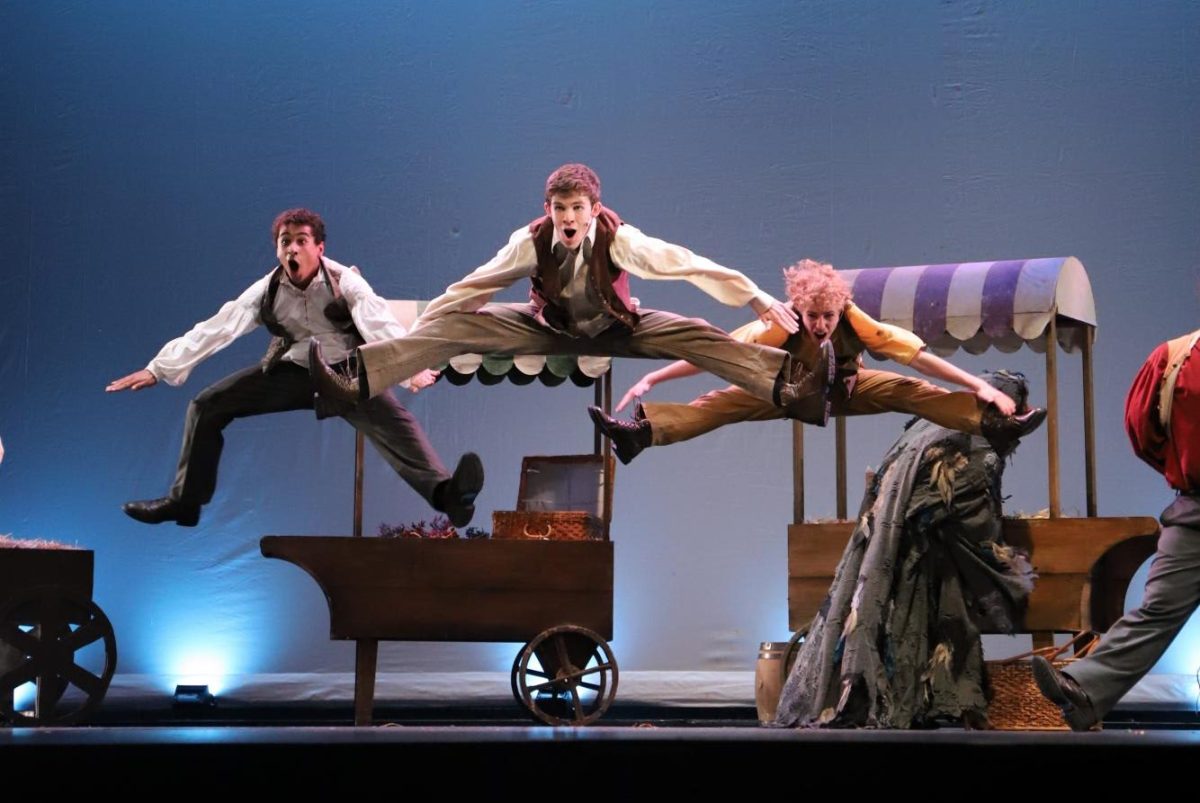




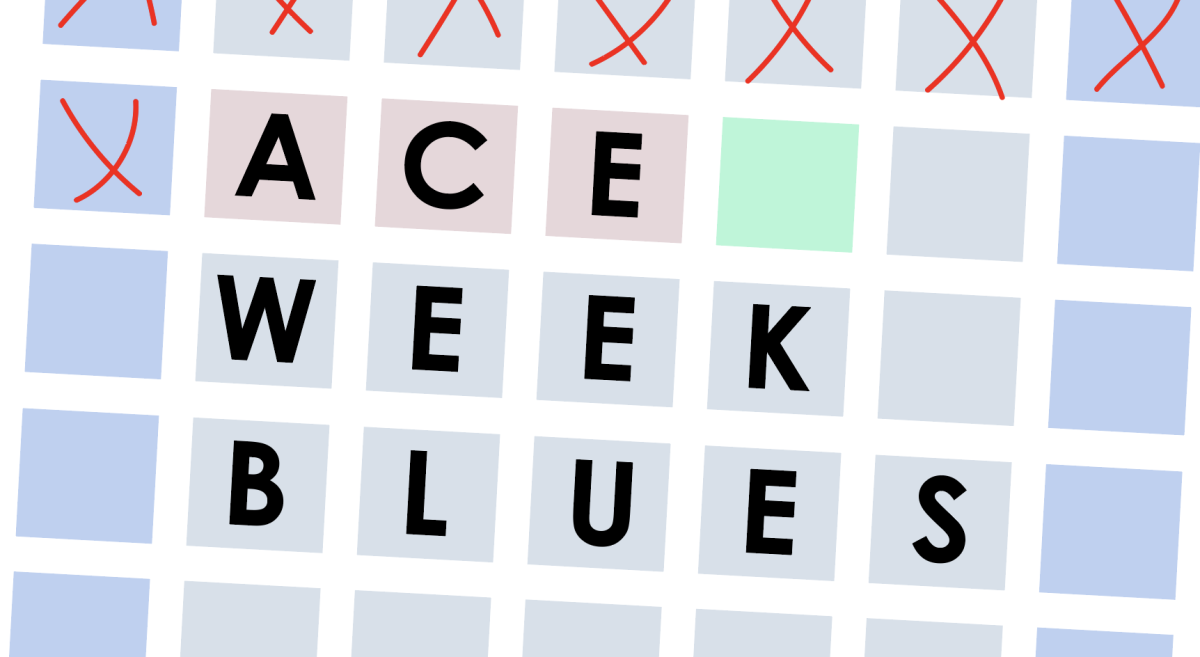
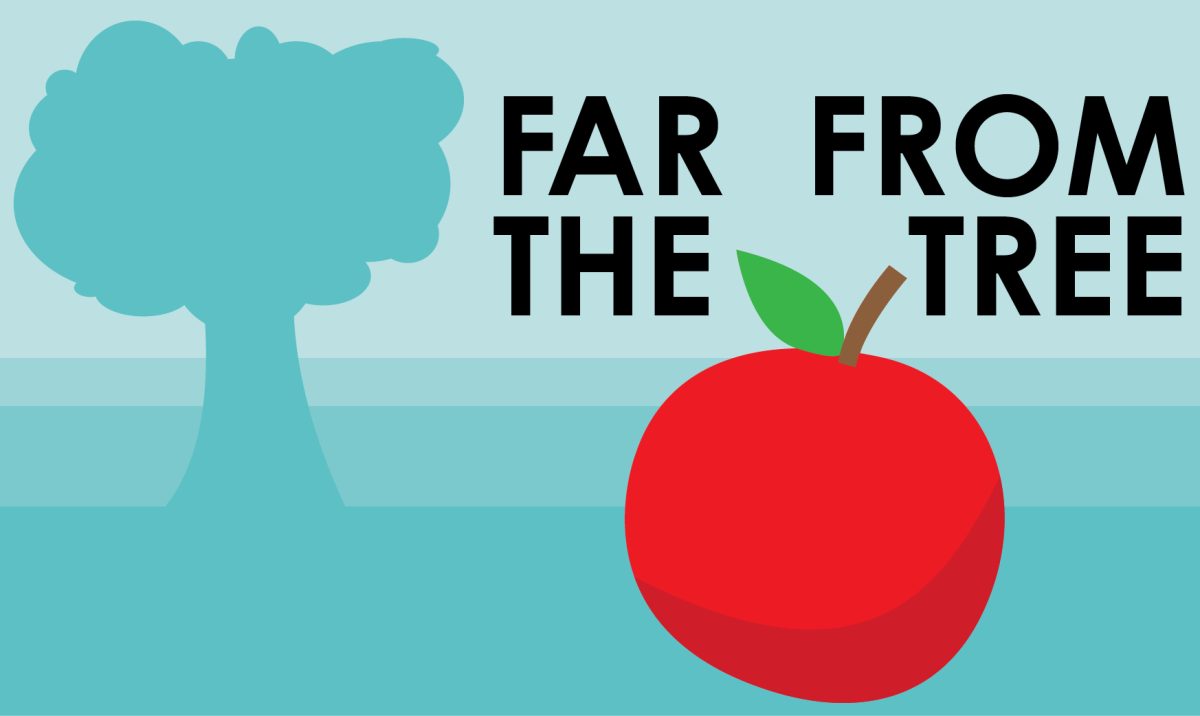

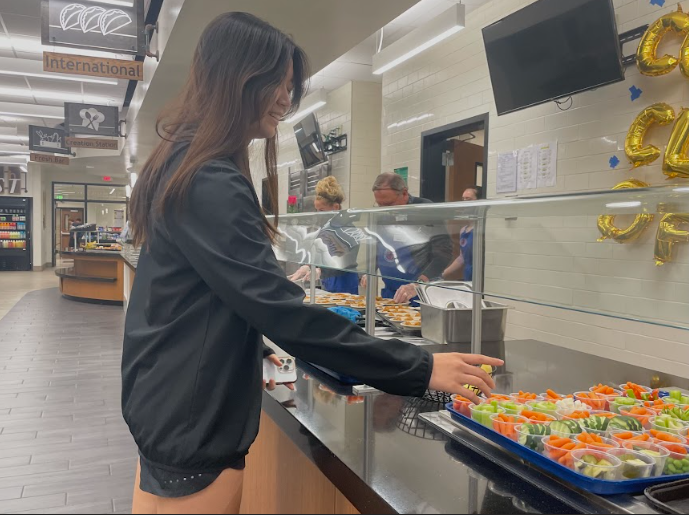





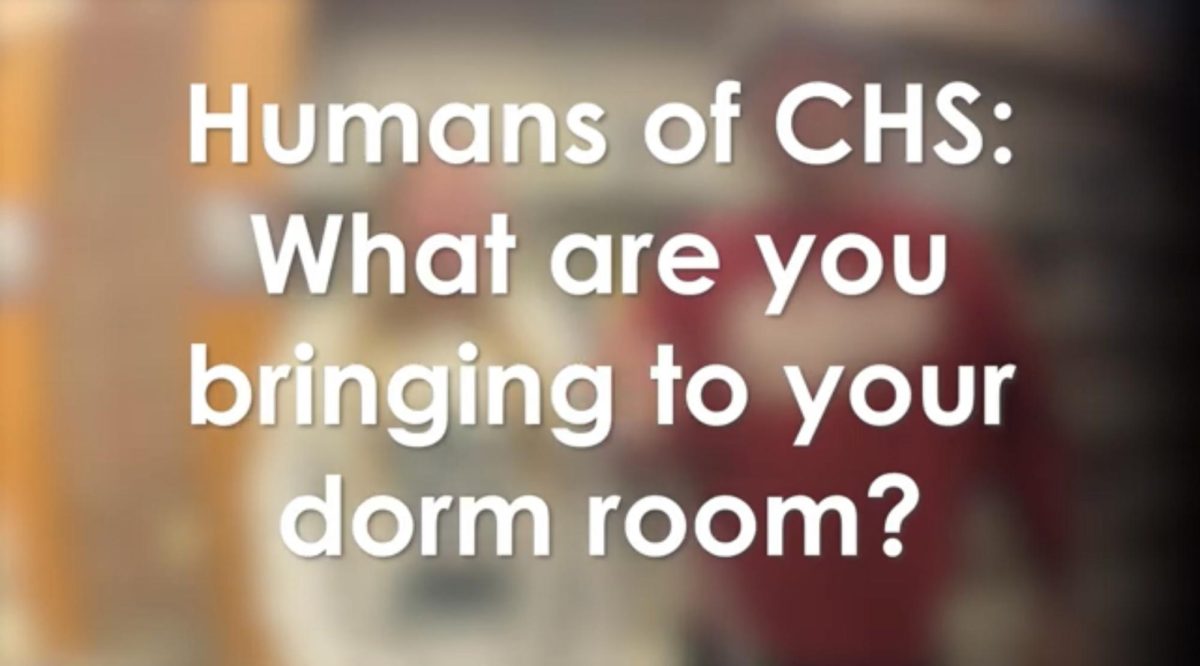









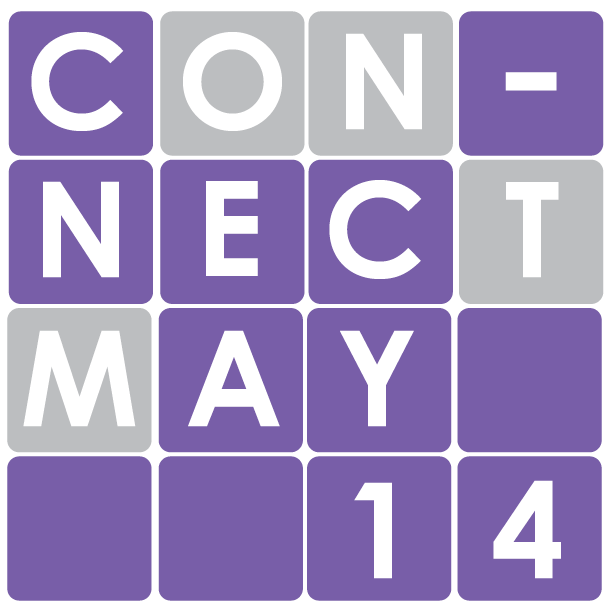

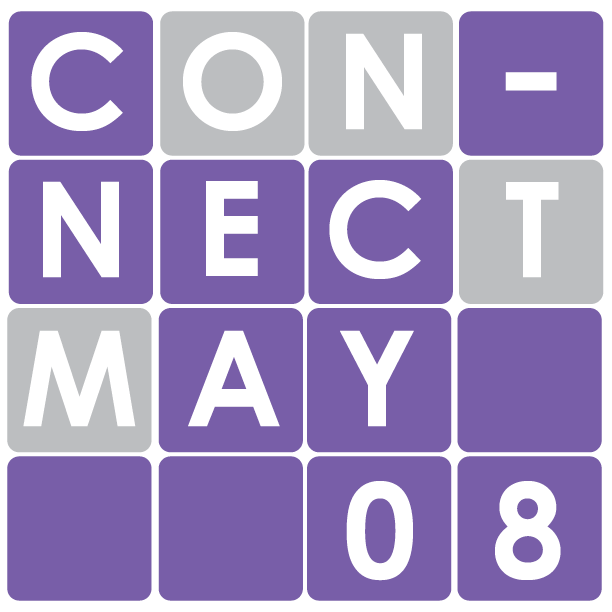

![Review: Taylor Swift’s new album The Tortured Poets Department is not her best work but is still a brilliant album [MUSE]](https://hilite.org/wp-content/uploads/2024/05/The-Anthology_Cover-1200x675.webp)
![Review: Challengers does it all [MUSE]](https://hilite.org/wp-content/uploads/2024/05/challengers-poster-1200x600.png)
![Review: A House of Flame and Shadow by Sarah J. Maas was a disappointing read [MUSE]](https://hilite.org/wp-content/uploads/2024/05/house-of-flame-and-shadow-feature.png)
![Review: Conan Gray’s new album, “Found Heaven”, is a refreshing twist on modern music [MUSE]](https://hilite.org/wp-content/uploads/2024/05/Screenshot-2023-10-31-at-16.01.05.webp)
![Review: “Bodies, Bodies, Bodies” is the quintessential Gen-Z movie [MUSE]](https://hilite.org/wp-content/uploads/2024/05/Screenshot-2024-05-15-140618.png)
![Review in Print: Maripaz Villar brings a delightfully unique style to the world of WEBTOON [MUSE]](https://hilite.org/wp-content/uploads/2023/12/maripazcover-1200x960.jpg)
![Review: “The Sword of Kaigen” is a masterpiece [MUSE]](https://hilite.org/wp-content/uploads/2023/11/Screenshot-2023-11-26-201051.png)
![Review: Gateron Oil Kings, great linear switches, okay price [MUSE]](https://hilite.org/wp-content/uploads/2023/11/Screenshot-2023-11-26-200553.png)
![Review: “A Haunting in Venice” is a significant improvement from other Agatha Christie adaptations [MUSE]](https://hilite.org/wp-content/uploads/2023/11/e7ee2938a6d422669771bce6d8088521.jpg)
![Review: A Thanksgiving story from elementary school, still just as interesting [MUSE]](https://hilite.org/wp-content/uploads/2023/11/Screenshot-2023-11-26-195514-987x1200.png)
![Review: When I Fly Towards You, cute, uplifting youth drama [MUSE]](https://hilite.org/wp-content/uploads/2023/09/When-I-Fly-Towards-You-Chinese-drama.png)
![Postcards from Muse: Hawaii Travel Diary [MUSE]](https://hilite.org/wp-content/uploads/2023/09/My-project-1-1200x1200.jpg)
![Review: Ladybug & Cat Noir: The Movie, departure from original show [MUSE]](https://hilite.org/wp-content/uploads/2023/09/Ladybug__Cat_Noir_-_The_Movie_poster.jpg)
![Review in Print: Hidden Love is the cute, uplifting drama everyone needs [MUSE]](https://hilite.org/wp-content/uploads/2023/09/hiddenlovecover-e1693597208225-1030x1200.png)
![Review in Print: Heartstopper is the heartwarming queer romance we all need [MUSE]](https://hilite.org/wp-content/uploads/2023/08/museheartstoppercover-1200x654.png)






















![Review: “Ginny & Georgia” is a dramatic and poorly made emotional rollercoaster–and I loved it anyway [MUSE]](https://hilite.org/wp-content/uploads/2024/03/ginny-and-georgia-season2-main-be37bbb9487a41e88b3f66c3baacd5c3-300x177.jpg)
![Review: Witch Hat Atelier is a masterpiece in art and world-building, but the story has only begun [MUSE]](https://hilite.org/wp-content/uploads/2024/01/unnamed-211x300.png)
![Review: “Mysterious Lotus Casebook” is an amazing historical Chinese drama [MUSE]](https://hilite.org/wp-content/uploads/2024/03/0-300x170.webp)
![Review: “A Little Life” by Hanya Yanagihara is the epitome of a heartwrenching masterpiece [MUSE]](https://hilite.org/wp-content/uploads/2024/01/unnamed-5-300x200.png)


